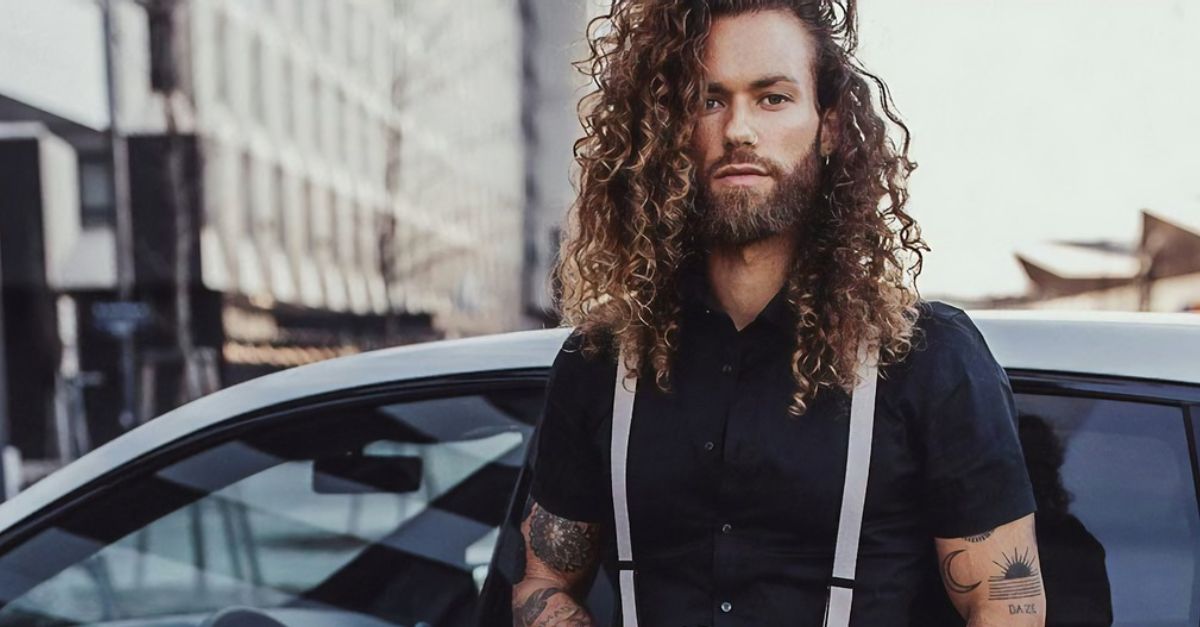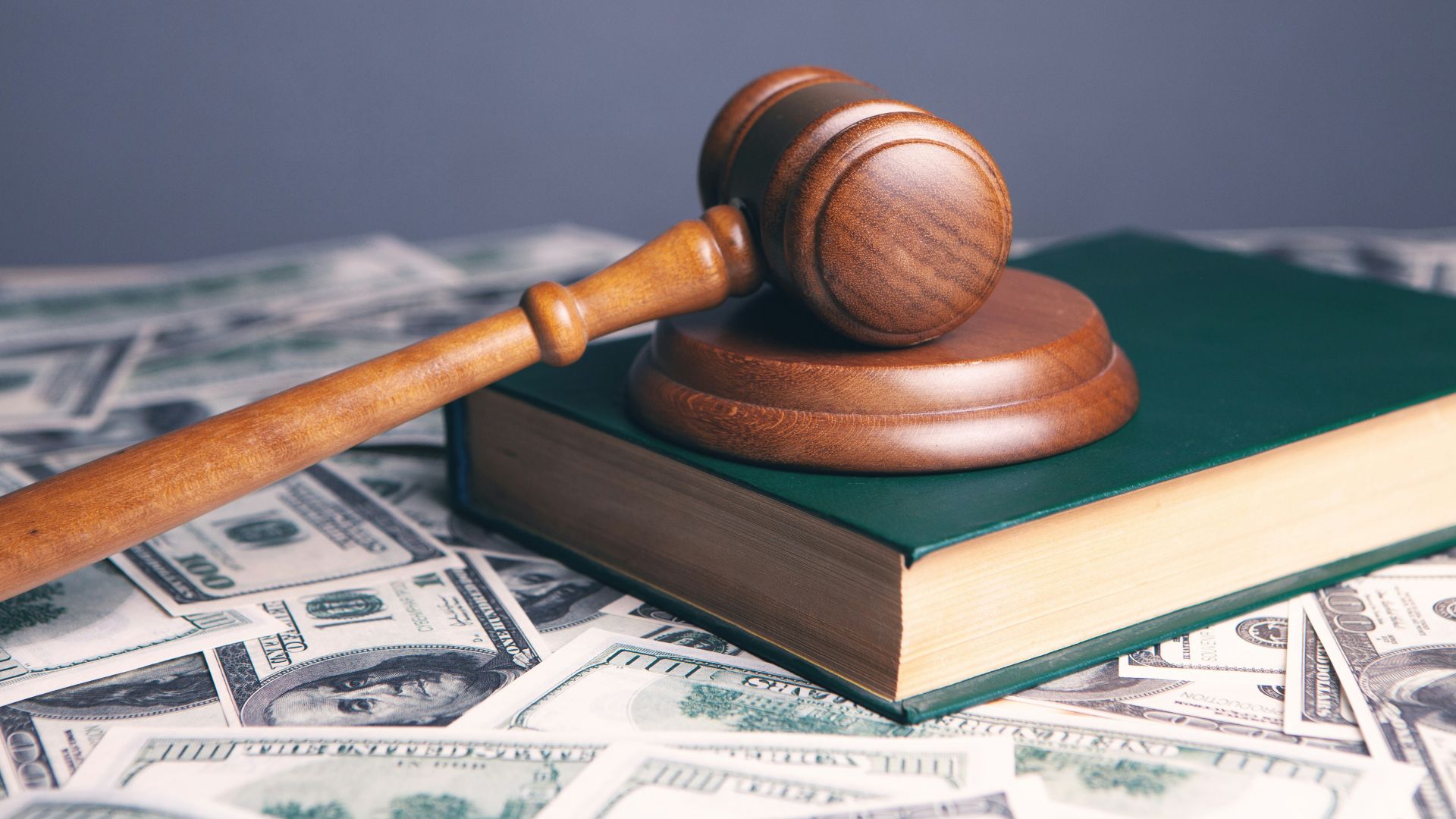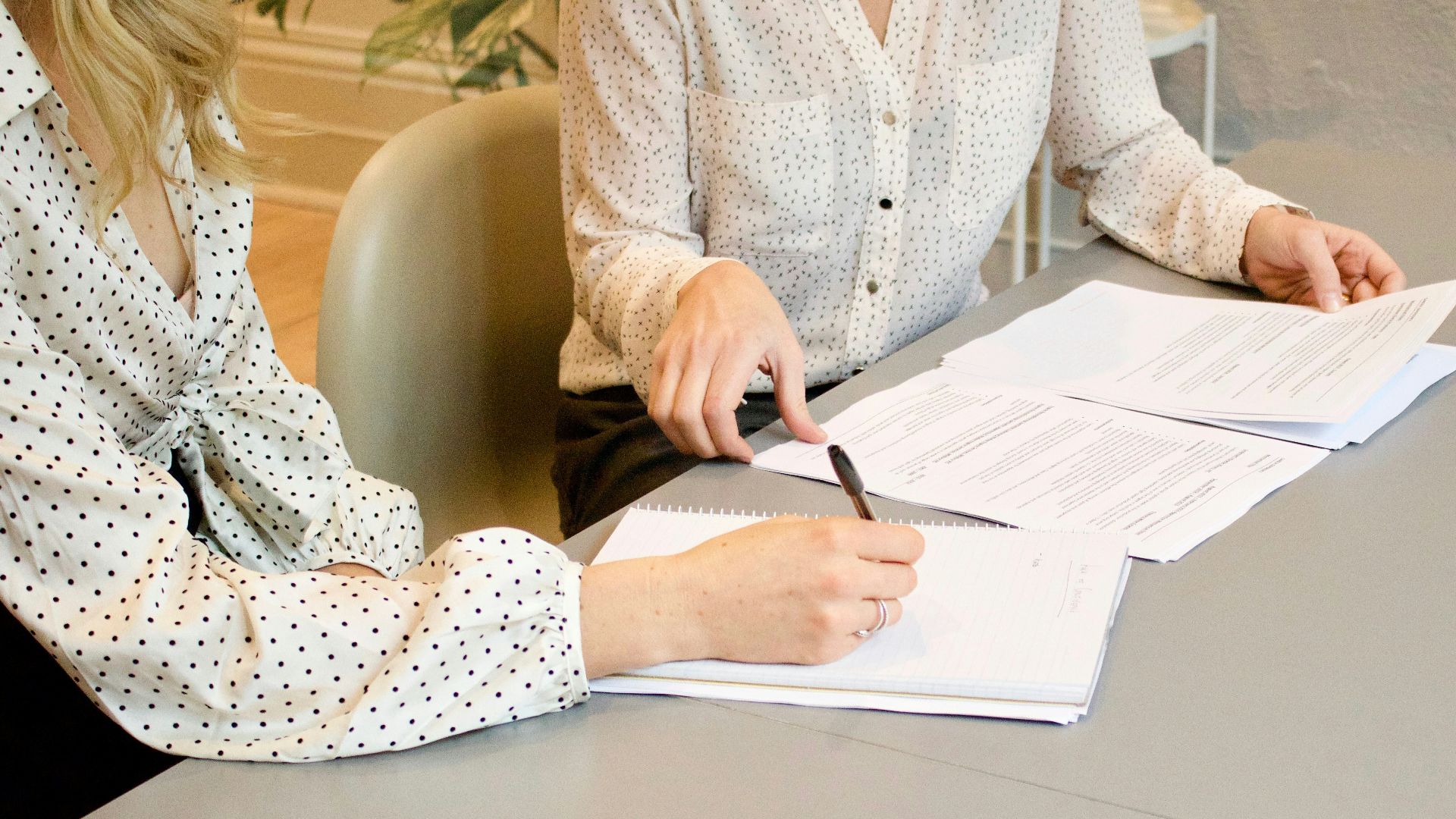Handing over your car keys to a friend feels harmless—until your phone buzzes with bad news. A crash. Suddenly, your heart’s racing, your mind’s spinning, and the reality hits: those repair costs could be yours.
Before panic takes the wheel, it’s worth understanding how insurance actually handles borrowed cars, who’s financially responsible, and what steps can keep you from paying for someone else’s mistake. After all, losing your ride temporarily is stressful enough without losing your peace of mind too.
What Insurance Covers If Someone Else Drives Your Car
Your car’s insurer follows the vehicle, not the driver.
Because your policy kicks in first when your car is involved in a crash, the damage caused by your friend will likely hit your insurance before theirs. This means your rates could climb and your deductible might apply. Understanding this chain helps you anticipate where the cost burden falls.
Owner Liability And Borrowing Risks
Lending your vehicle opens you to liability—even if you weren’t driving. By granting permission, you engage the “permissive use” doctrine. That means you could be held responsible for your friend’s driving errors, and your car’s insurance might be called into service. Especially if your friend lacks a valid license or has a poor record, your exposure escalates.
Can You Force Your Friend To Pay For The Damage?
Yes—but it depends on a few factors: their fault, insurance coverage, and your agreement. If your friend caused the accident (e.g., reckless driving, DUI), they may face legal liability beyond insurance limits.
If they’re not at fault, your claim against them is weaker unless you have an explicit written agreement. Either way, your collision/comprehensive coverage (if you have it) will handle your own vehicle’s damage first.
Smart Steps To Protect Yourself
Document everything immediately: accident photo, police report, statement from your friend.
Contact your insurer and declare the incident; failing to report promptly could complicate your claim.
Review your policy limits. If the repair or liability cost exceeds your coverage, you could be personally responsible.
Decide whether to pursue repayment from your friend—and weigh whether the cost and hassle are worth it.
Final Word
You did a favor, your friend wrecked the car, and now you’re dealing with the fallout. Your insurance will act first, the damage might hit your premium, and you may be left seeking payment from your friend. Clear communication, prompt reporting, and knowing your policy details are your best defense. If you like, I can walk you through a sample letter to your friend demanding reimbursement while protecting your rights.










